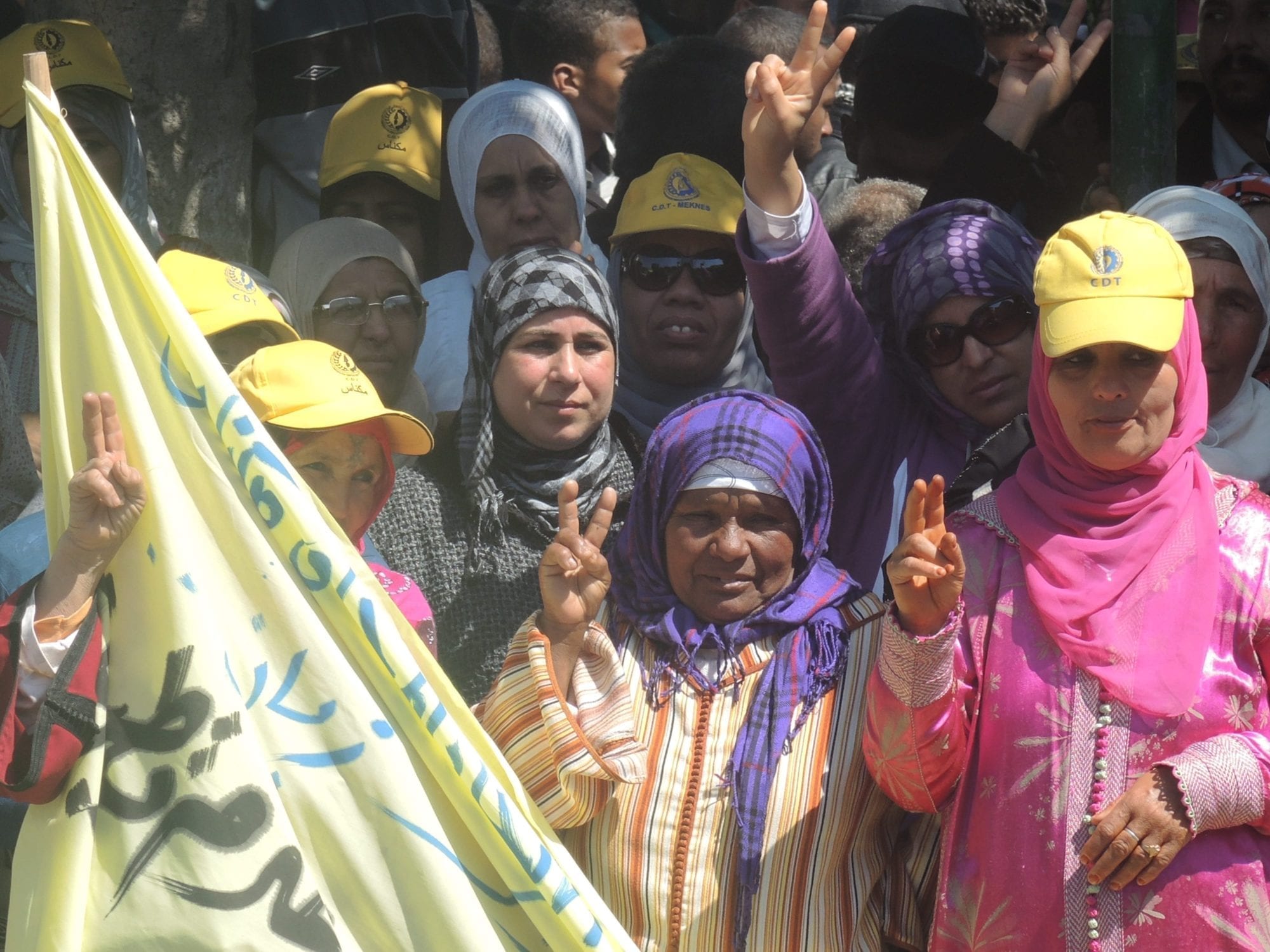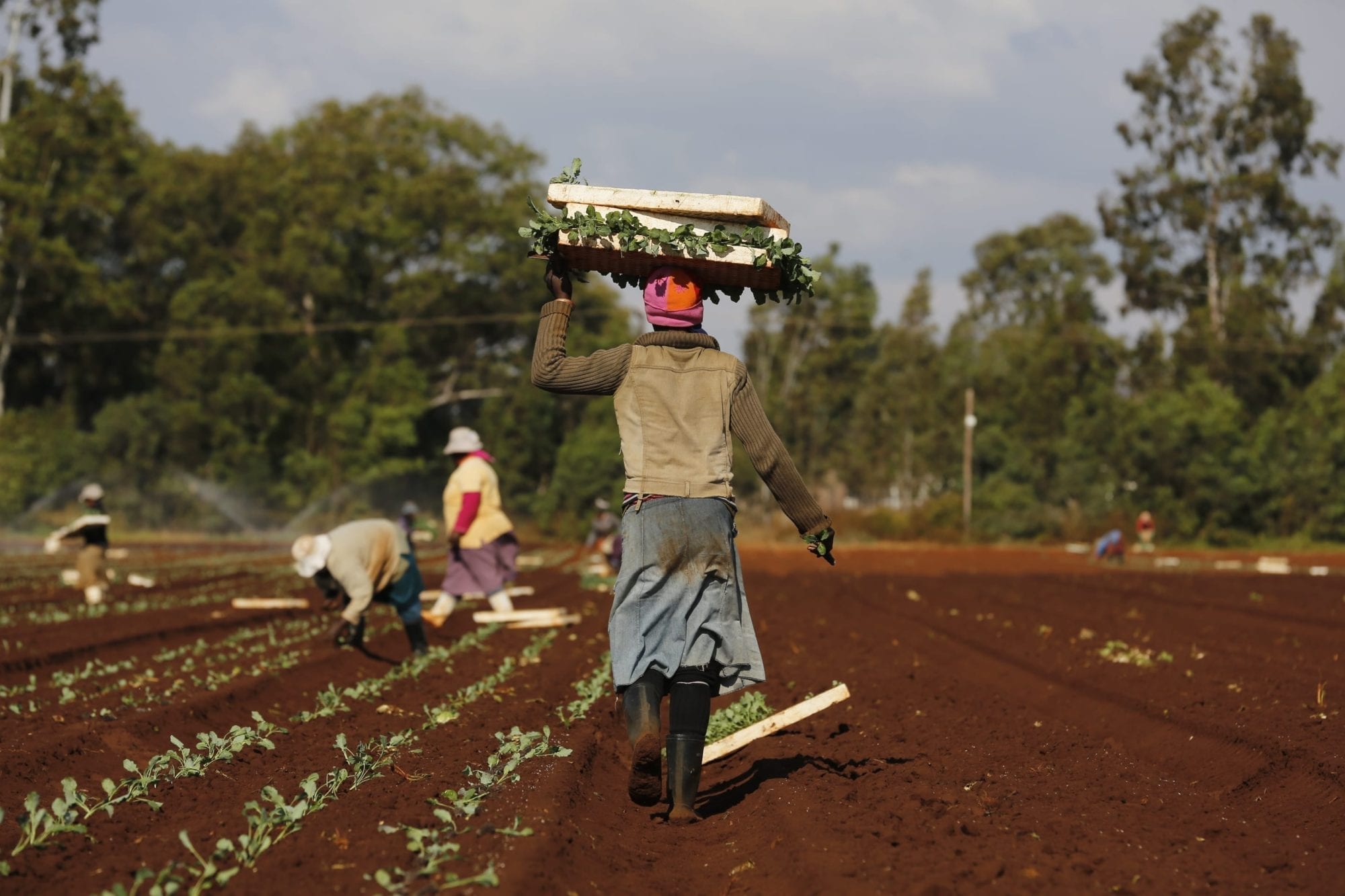Decent work, living wages, safe workplaces--these are some of the goals the Solidarity Center envisions for all workers around the world and for which it strives as the largest U.S.-based international worker rights organization, says Solidarity Center Executive...

In Morocco, the Solidarity Center builds the capacity of workers and local unions through leadership development and advocacy for the rights of women, including agricultural workers. Credit: Solidarity Center/Zineb Arraki
The Solidarity Center works closely with our partners, the Democratic Labor Confederation (CDT) and the Moroccan Labor Union (UMT), to improve the wages and working conditions for precarious workers in the country’s agriculture and services sectors. Together with our union and community allies, the Solidarity Center also holds popular education and awareness trainings to help empower working women, and to support trade unions in representing marginalized workers in the private and public sectors, including workers with disabilities.
By building the capacity of workers and local unions through leadership development and advocacy for the rights of women and young workers in the workplace, these programs successfully translate into real economic and social gains—such as the first-ever collective agreement for farm workers in the Meknes region that includes stability in employment through job creation and job sustainability. The pact also assists temporary workers in becoming permanent workers, expands bonuses to temporary workers and ensures training, especially for women, so they can access higher paid jobs previously reserved for men.
Morocco has not ratified International Labor Organization Convention 87 on the Freedom of Association and Right to Collective Bargaining, and the International Trade Union Confederation’s annual survey of trade union rights notes Morocco heavily curtails worker freedoms. Union organizing and the right to strike is particularly challenging, with the persistence of a legislation that “criminalizes union work” through Article 288 of the country’s penal code.
Fruits of Labor: Agricultural Workers Feeding the World
From vegetable farms in South Africa to palm oil plantations in Peru and olive groves in Morocco, agricultural workers, their unions and associations are joining with the Solidarity Center in improving wages and working conditions and bettering the lives of themselves...
Women’s Economic Empowerment and Workers Rights
Globally, women are paid 30 percent less than men—but “imagine instead of corporations making 30 percent more off women’s labor, imagine if that 30 percent were coming back to our communities in the form of wages,” says Shawna Bader-Blau, Solidarity Center executive...




